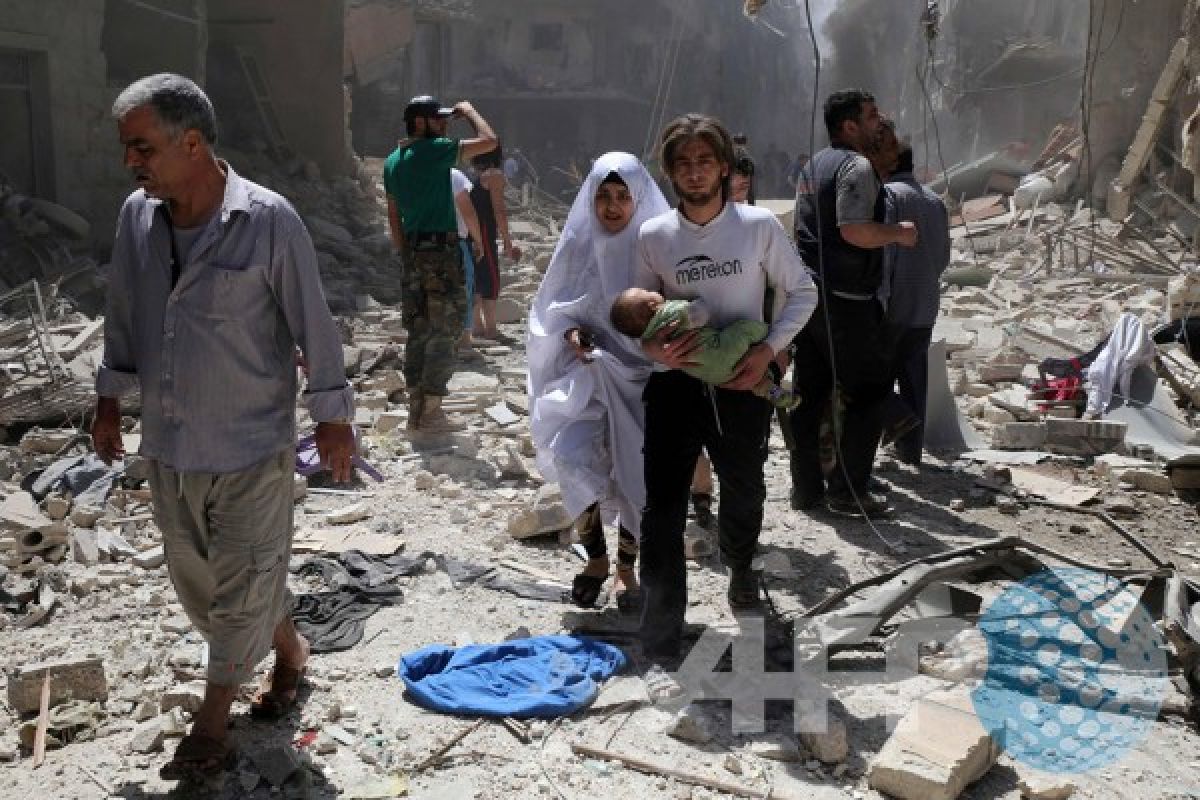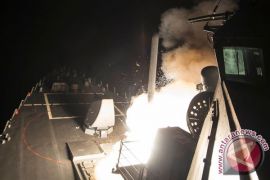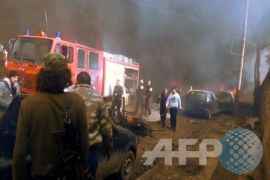When the war reached Aleppo, my business was negatively affected, and I finally lost my shop in the Bab al-Faraj area."Aleppo (ANTARA News) - Rolling his wheelchair through the rubble-strewn crossing of Bustan al-Qasr into the former rebel-held eastern Aleppo, 53-year-old Bakri Maruf was fearless, unlike the first time he crossed through the same area three years ago, when shrapnels sliced through his legs and placed him in his wheelchair.
"I was hoping I could cross back into eastern Aleppo on my feet, but because of my condition I couldnt, but I am happy anyway because I will take a look at my house in the Mashad neighborhood," he told Xinhua, as his son was walking beside him to help him.
Maruf is one of thousands of people who have started returning to check on their homes in eastern Aleppo city in northern Syria, after the army declared its control over the entire city, following the withdrawal of the last rebel groups on Friday.
Bustan al-Qasr was the main crossing between the former rebel-held areas in the east and the government-controlled ones in the western part of the city.
The crossing was so important for the residents of Aleppo who used to cross back and forth between both parts of the city to visit their relatives or attend to their jobs, or schools.
The wreckage of two buses sandbags had been used at the entrance of the crossing, which was a lifeline to both part of the city, especially when the rebels besieged the government side of Aleppo in 2012, the same year eastern Aleppo fell under the rebel control.
At the time, the checkpoint was controlled by a group of rogue rebel groups who tried to extort money from the war-weary people using it.
But with the recent military offensive in Aleppo, which has seen the evacuation of the rebels and their families from the eastern part of the city, the notion of eastern Aleppo and western Aleppo was over.
Its one now, according to pro-government activists from Aleppo who want to see the city back as one again.
Government trucks were quick to start removing the sandbags and the wreckages of buses blocking the crossings or streets between both parts of the city, which facilitate the flow of civilians, who had fled eastern Aleppo for a long time, to return to check on their homes.
"I was afraid to not live the day when I return to my home, and even though it could be destroyed, my son will rebuild it one day, I am confident of that," said Maruf.
On another part of the crossing, Foad Hilwani, a 38-year-old taxi driver, said he had been a merchant working with his father for 12 years ahead of the beginning of the crisis in 2011, which deprived him of his business.
"When the war reached Aleppo, my business was negatively affected, and I finally lost my shop in the Bab al-Faraj area," he told Xinhua.
Hilwani wished to return to his previous profession as a trader, as he expressed dismay with his current job.
"I cant be a taxi driver forever, because I hate this job, so I need to return to my shop and home," he said.
For her part, Suad Mazaneh, a 26-year-old mother of one child, said she was crossing back to eastern Aleppo to check her home in Zibdiyeh neighborhood.
"I want to return home, to repair it and raise my kid there, to teach him the history of Aleppo and how beautiful this city is," she hoped.
Mazaneh said that "now we can cross back and forth through Bustan al-Qasr, and the good part is that there is no more eastern or western Aleppo, now its one and we are free again to go wherever we want without checkpoints between both sides of the city."
The people in Aleppo in general has taken a breath after the eastern part of the city was emptied of rebels, as 35,000 people, including 5,000 rebels, have been evacuated during a week-long operation brokered by Russia and Turkey.
Now, the entire city is under the government control, but the amount of destruction is so huge.
Muhammad Hmaish, the chairman of Aleppo governorate council, said Saturday that over 10,760 civilians have been killed and 50,000 others wounded by the rebel mortar shelling on western Aleppo since 2012.
Hmaish said the destruction that has befallen the city of Aleppo is estimated at 800 billion Syrian pounds, roughly 1.6 billion U.S. dollars.
He added that the industrial wheel will return to the city, Syrias largest and once economic hub.
Editor: Priyambodo RH
Copyright © ANTARA 2016












